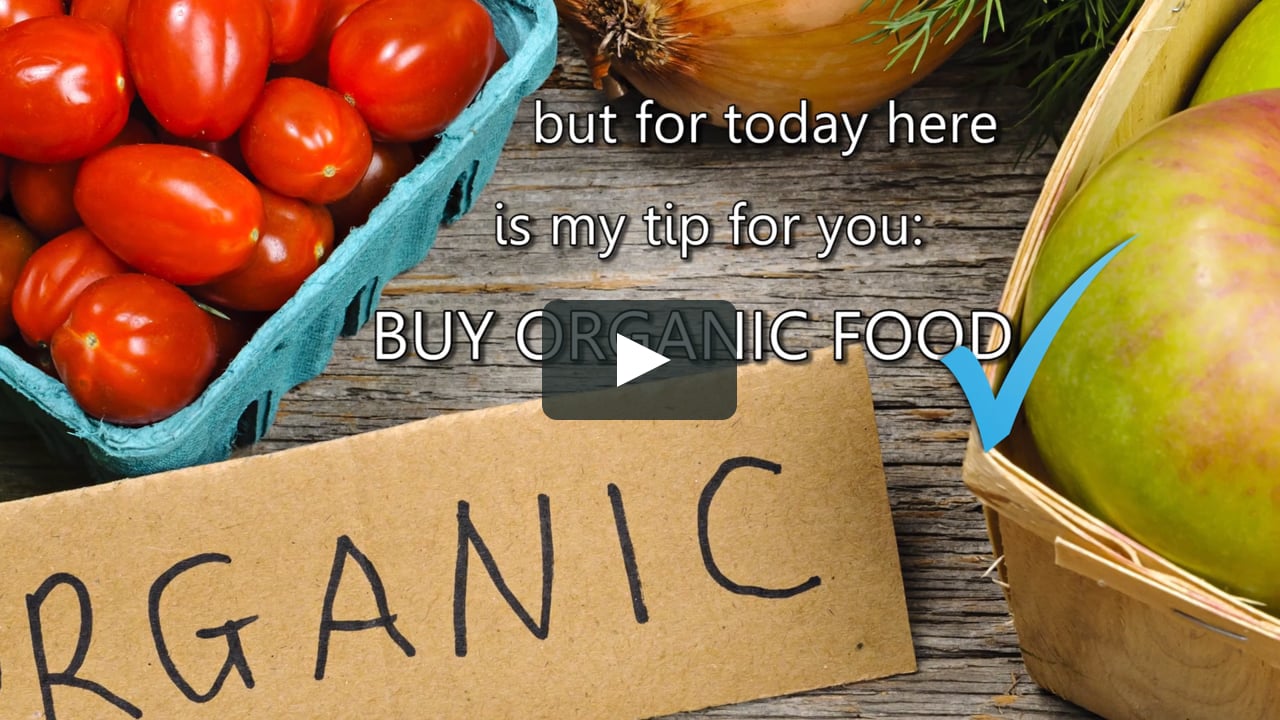How do we work out the impact of our food shopping?
Is organic best?
.

.
ORGANIC food. Buy Organic – short tips | Vimeo
.
It turns out that it’s not always so, however, as posted by Food and Farming Futures:
Going entirely organic could mean food emissions up 70% in England and Wales
Where does that lead us on the question of organic food? Each of us has the power to inflict damage or to heal the environment with our purchases, and if we can afford to we should choose wisely. It turns out it is ok to have a mixed shopping basket, as some organic products are better for the environment than others. However, it’s hard to make such choices as food labels aren’t clear enough about their emissions and other environmental impacts.
Going entirely organic could mean food emissions up 70% in England and Wales
.
Here’s a little more from the Conversation:
.
Going entirely organic could mean food emissions up 70% in England and Wales
A group of scientists, led by Laurence Smith of Cranfield University, have now quantified the greenhouse gases produced from farming different types of grain, vegetable and livestock using both conventional and organic methods. Their results are published in the journal Nature Communications.
Organic farming is a way of growing food which uses less artificial chemical inputs such as synthetic fertilisers or pesticides. This means it generally has a lower environmental impact per field.
But because yields tend to be lower, organic farming means more land is needed to produce the same amount of crops or livestock. That’s why Smith and colleagues used a “life-cycle assessment”, a technique to assess the environmental impacts associated with all the stages of a product’s life, from production to final consumption. In doing so, they broadened the lens from just looking at the emissions produced during the farming process to also include emissions from inputs, such as production of synthetic fertiliser for conventional crops.
Going entirely organic could mean food emissions up 70% in England and Wales
x